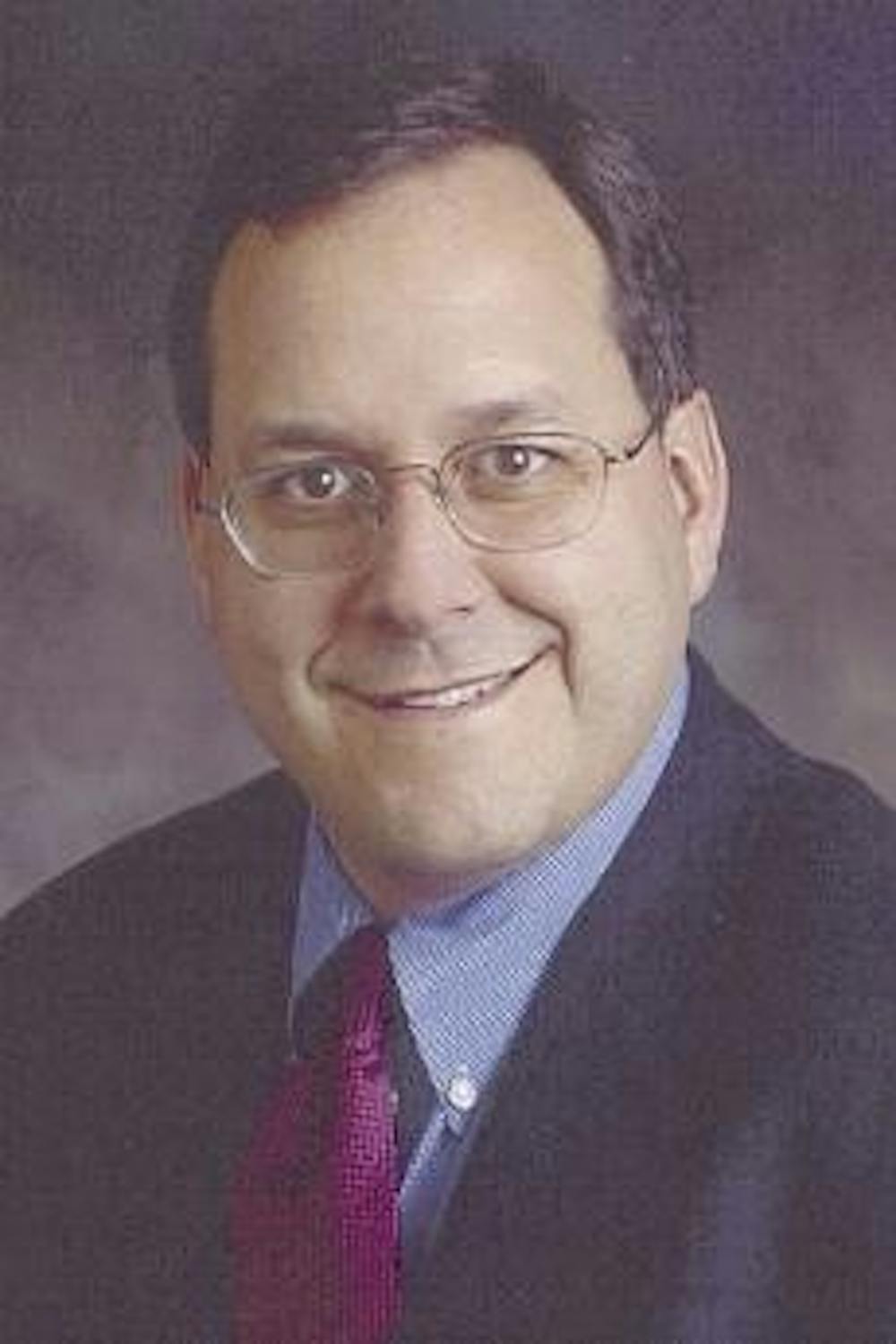
Dann
Ohio Attorney General Marc Dann continued his investigation of the student loan industry Monday by sending letters to 111 Ohio colleges and universities and 20 student loan companies requesting lists of their preferred lenders and other documents relating to the loan process.
After an investigation by New York Attorney General Andrew Cuomo revealed in February 2007 that loan institutions were offering financial kickbacks and other rewards to universities that recommended their services to students, Dann decided to launch his own investigation.
Brian Laliberte, deputy first assistant for Dann, said that when they looked at their own constituent services office, many complaints had been filed.
"We had 30 to 40 student complaints that had come in and we're in the process of reviewing those," Laliberte said. "That number could be high or low but I think that's in the ballpark. That's when we knew we ought to really take a serious look at lending in the state of Ohio."
Dann informed colleges and lenders in Ohio of his intentions in an April 13 letter, which requested that schools and lenders preserve documents that the attorney general's office may view as evidence.
Laliberte said that letters were sent to all public colleges and universities in Ohio Monday and that letters will be mailed out to private colleges and universities in the state Tuesday.
"Our document request to the lenders was very specific but it was lengthy," Laliberte said. "We asked more than 20 questions of the lenders and anticipate volumes and literally boxes of information coming in."
Though they have not publicly admitted any wrongdoing, Citibank and Sallie Mae, two well-known lending companies, have been the first to sign off on codes of conduct and pay penalties to various attorney generals. Laliberte calls their behavior suspect.
"It's difficult to understand why they would be paying penalties if they've done nothing wrong," Laliberte said. "They are multibillion dollar companies and they have all the resources in the world at their disposal to litigate."
Miami University recommends Citibank to its students, as well as Wells Fargo, Chase Bank, and Key Bank.
Enjoy what you're reading?
Signup for our newsletter
According to Charles Knepfle, assistant provost and director of student financial assistance, Miami has not broken the law or any code of ethics in relation to this issue.
"We stay away from everything like that," Knepfle said. "We've had our office looked at by Miami's internal auditor and Miami's legal counsel and they've given us a clean bill. It's a real high priority for me to stay away from anything that could be viewed as improper."
Improper practices include actions such as a free luncheon that lenders often give university loan offices to show their appreciation for recommendations.
"Almost any lender, if you allow them to, will buy your office lunch to thank you," Knepfle said. "There is nothing in my mind wrong with that, but we stay away from anything like that anyway."
Miami University's private loans Web page states that the university surveyed many lenders and ended up with a list of 14 contenders for this school year.
They then evaluated these lenders through an extensive list of criteria that they use to determine which will ultimately be recommended to students.
Some of the criteria include cosigner release options, interest rates, minimum loan amount, and the range of repayment options.
The customer service of each lender was also determined through feedback from university staff and students.
Knepfle said that he feels it is important for the loan offices to recommend banks to students and parents.
"In our opinion, we think students rely on us to be the expert in the field and recommend something good so they don't get ripped off," Knepfle said.
Because of the wealth of information the attorney general's office has to sift through, Laliberte said it would be unfair to those conducting the investigation to put any type of time frame on when results will be compiled.
"We're going to do our best to get through the information quickly," Laliberte said.
Knepfle said there are two paths that can be taken when a school is investigated for financial aid dishonesty and could possibly be found guilty. The first deals with the problem internally.
"The school is accused and puts the financial aid director on paid leave while the university investigates," Knepfle said.
He has also seen the other option, where deals are struck between the school and the entity investigating.
"I have seen some of this handled where a governor, attorney general, or department of education would accuse a school of something, and it's like a plea bargain," Knepfle said. "They will drop charges if the school agrees to a code of conduct."
These codes of conduct are something Attorney General Dann expects after the investigation is finished.
"The attorney general really wants to see subsequent reform and some statewide resolution to this conflict through ethics policies," Laliberte said.




